Swiss envoy to US: IS targets symbols
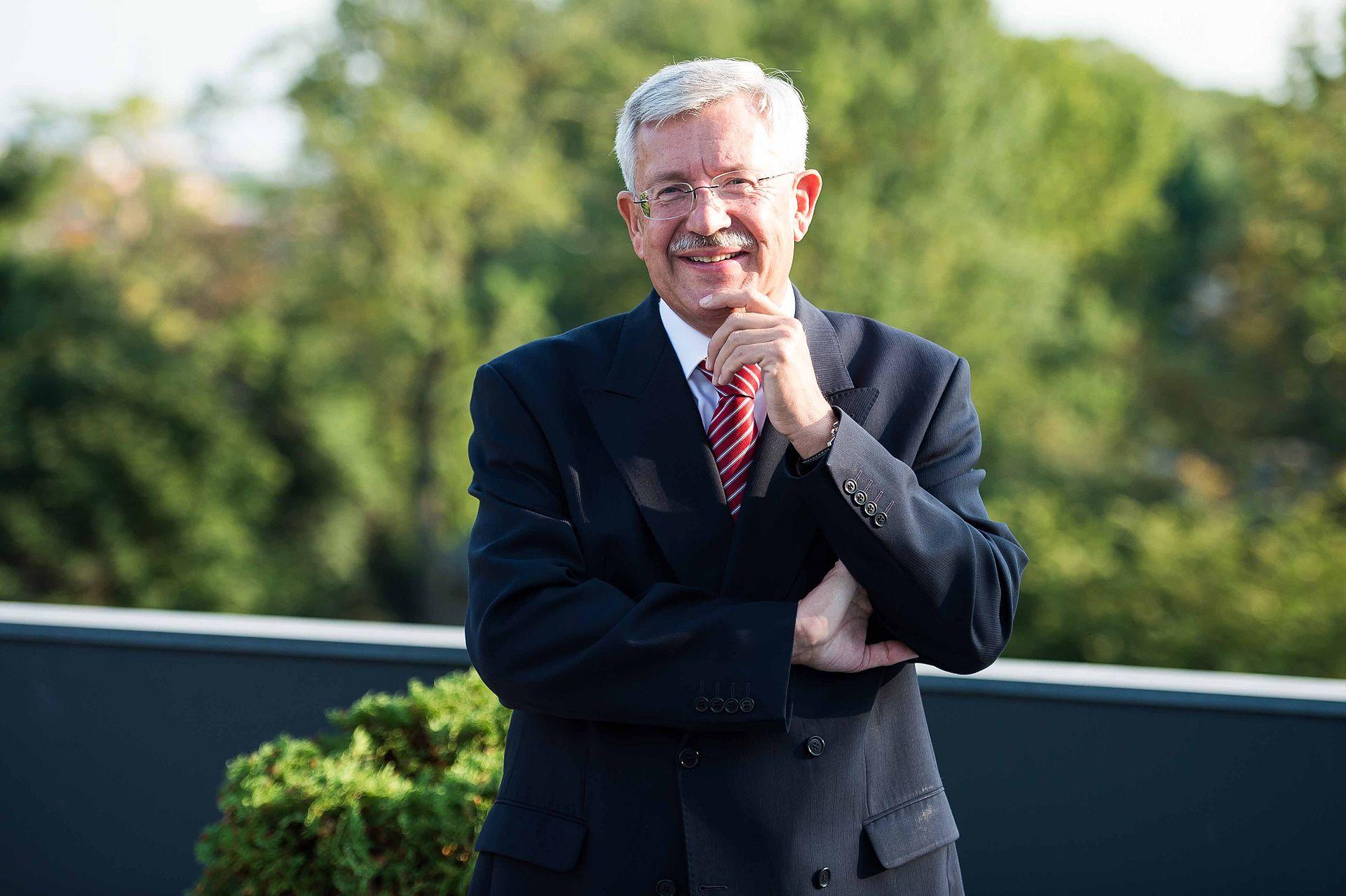
Geneva could be a symbolic terrorist target but Switzerland’s situation cannot be compared with the United States and other countries engaged in military action, Swiss Ambassador Martin Dahinden tells swissinfo.ch.
A year after becoming the Swiss ambassador to WashingtonExternal link, Dahinden is also closely watching developments in free trade between the two countries. It could mean moving production abroad, he said during an interview with swissinfo.ch in Bern.
swissinfo.ch: Can you compare and contrast the terror threat facing the United States versus fears of terrorism in Switzerland?
Martin Dahinden: All open societies are targeted by terrorists. And if you look at what terrorists, particularly now the so-called Islamic State, is looking at, it’s symbols. And where there are symbols is the possibility to do big damage. There you are threatened. And Geneva, in a certain way, could be such a symbol. You heard about the alert we had recently.
But that said, I don’t think there is a particular target here. For the United States, it’s different. The United States is active in a military coalition, fighting ISIS on the ground. And therefore, you cannot really compare the situation.
swissinfo.ch: You’ve called the Swiss approach to countering violent extremism such as jihadism a model for others. Why is that?
M.D.: If you look at terrorism, and if you look how you can counter terrorism, there are three different levels. One is, of course, to use force, to use military means to combat terrorism. This is very much what the United States, in a coalition, is doing. And then you have another level, to disrupt things that are useful for terrorist activities: the flow of information, the flow of fighters, the flow of weapons, and the flow of financial means. And then you have a third element. This is the resilience, creating resilience in societies: that people, in the first place, would not become tempted to carry out terrorist activities.
We really focused on the resilience part. I mean, to work with communities so that people have other options that they are not going to take up arms and commit terrorist acts. I do not say that this is an alternative for the other two layers, but this is an area where I’m convinced that Switzerland can make a very useful and important contribution.
swissinfo.ch: How are the Swiss and Americans cooperating, and will the same approach work when fighting cells or loyal followers anywhere from California to Winterthur?
M.D.: When terrorist activities are taking place, it’s to a large extent about law enforcement issues. And then there are treaties in place between the United States and Switzerland that allow the police forces, the investigators, to exchange information. This is something that happens, and this is something that happens well.
swissinfo.ch: Is there any evidence in Switzerland, from your point of view, of what President Barack Obama calls the “new phase” of Islamic terrorism? How concerned should Switzerland be, located in the centre of Europe?
M.D.: We are not, let’s say, spared. It’s not a thing we could look away from. But I think our strength is rather in creating resilience in trying to prevent people not to go the way of terrorists in the first place.
swissinfo.ch: How exactly will the Transatlantic Trade and Investment Partnership (TTIP) and “fast-track” push by President Obama in Congress affect Swiss companies? I know that you’ve been very much concerned with this effort. Can Switzerland participate and will it? And will there be a Swiss-US accord eventually?
M.D.: The TTIP is very important for Switzerland. It’s a negotiation between the United States and the European Union. These are our biggest markets. These are also the areas where most of our investments are going on. So whatever happens in between the United States and the European Union matters to us. We do not know the result for the time being.
One element is very important. [The TTIP] is less a problem for Swiss companies; they are producing in many places, including the United States and the European Union. But it will be a problem for the workplace in Switzerland, and this is something I’m concerned about. This is also the reason why we are closely following the negotiations.
swissinfo.ch: What kind of problem are you referring to?
M.D.: If, for instance, and I have to emphasise the if – because the result is not there – if, for instance, a medical product, that has access to the market in the European Union, can without further ado be exported to the United States, without any further approval, then of course it would be reasonable to produce it in this space, and not in Switzerland, where you afterwards had to undergo twice the approval procedures. These are the kinds of issues. But this is speculation, because we do not know for the time being what the agreement will include.
swissinfo.ch: When will the twin issues of banking secrecy and tax evasion finally end for Switzerland and the US? What tangible effects have you seen them have on Swiss-US relations?
M.D.: I’m very confident that the memorandum of understanding that has been signed between the governments in 2013 that allows us to regulate those things will lead to an end of this dispute. This has overshadowed, at least in perception, relations between the United States and Switzerland. But, and this I really want to emphasise, it has never entirely defined relations between our two countries.
swissinfo.ch: Do you expect more Swiss banks to be prosecuted? Do you expect any more banks to fold as a result?
M.D.: No, I do not expect this. I expect that old issues can be closed. And, by the way, all that happened [has not spelled] the end of Swiss banking in the United States. Many of the Swiss banks that are present in the United States have, on the contrary, more activities and more assets than in the past. In Switzerland there was very often the perception that those measures were targeted against Switzerland. This is not case.
swissinfo.ch: How has the US-Cuba thaw and the Iran nuclear deal changed your job? Do you see the Swiss profile in the US as less important from a diplomatic standpoint as a result?
M.D.: When the [Cuban] mandate ended and when the United States and Cuba resumed diplomatic relations on the 20th of July this year, not much in my daily work changed. The Iran mandate is different. It’s a mandate that is carried out completely by Swiss citizens. So [the section devoted to US interests] in Tehran is entirely staffed by Swiss, and every day something is going on. It’s mainly about American-Iranian relations; it has nothing to do with the Iran nuclear deal.
swissinfo.ch: How do you like living in Washington? What qualities strike you as being most similar and most different between Swiss and Americans?
M.D.: First, I have to say, Washington is an exciting city in many respects. It’s a beautiful green city. History is always close wherever you go. And I like very much the Americans, and the way they act. They are straightforward. Sometimes it is not pleasant if you have an issue with them, but you know where you stand and usually you do not need to decrypt the meaning of their words, and I like this very much.
swissinfo.ch: If you could wave a magic wand, what is the one Swiss thing you would use to magically alter American life and, conversely, what is the one US thing you would use to magically alter Swiss life?
M.D.: What I think we should learn from the Americans is the sense of, let’s say, adventure; the risk-taking; doing things even when there is a probability to fail with something, and start again. This is not very Swiss. And, the other way around, I think what the Swiss are doing, in a surprising way, is looking at long-term sustainability in all that we’re doing. There is a big difference in attitudes, and I’m sure that it is exactly this difference that makes it very beneficial to work with each other.
Martin Dahinden
Before becoming the Swiss ambassador to the US in November 2014, Martin Dahinden directed the Swiss Agency for Development and Cooperation (SDC) from 2008 to 2014 and oversaw the Swiss foreign ministry’s corporate management directorate from 2004 to 2008. He also was posted in Geneva, New York, Nigeria and Paris, handling humanitarian, trade and security issues.
Born in Zurich in 1955, Dahinden earned a Ph.D. in economics (business administration) from the University of Zurich. He worked as a postgraduate assistant at the university, then for a bank and a publishing house. He joined the diplomatic service in 1987, and is married with two children.

In compliance with the JTI standards
More: SWI swissinfo.ch certified by the Journalism Trust Initiative





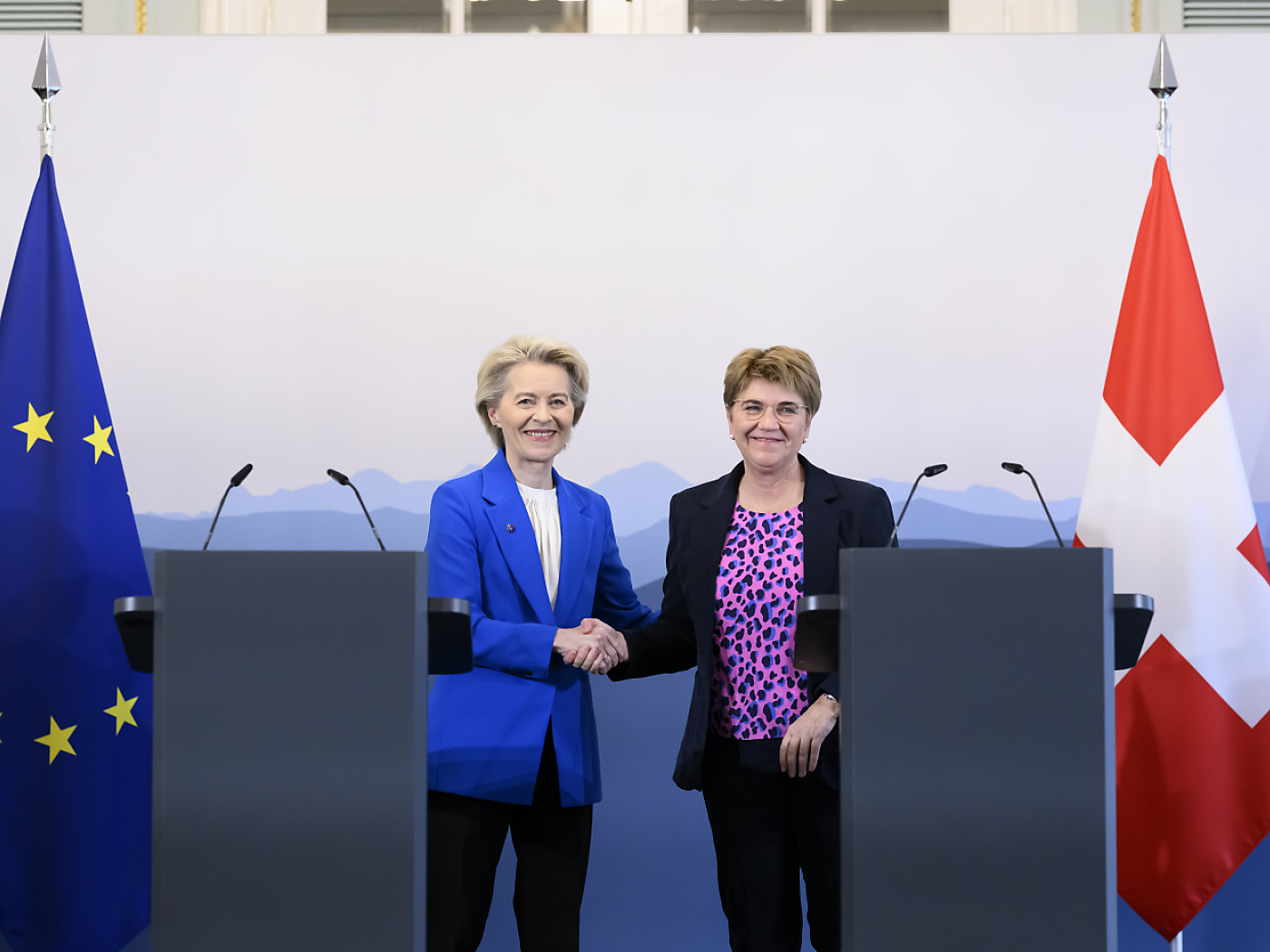




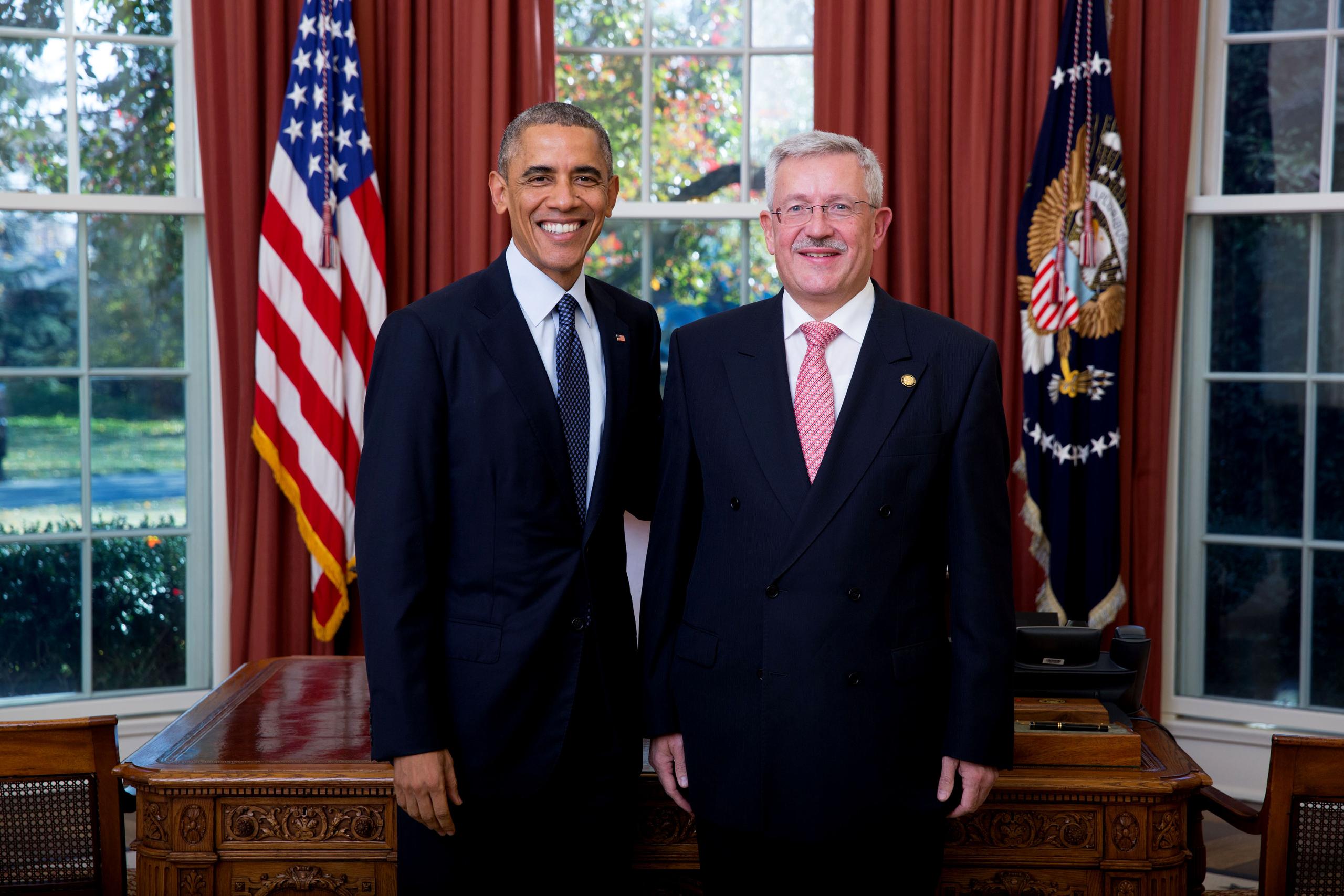
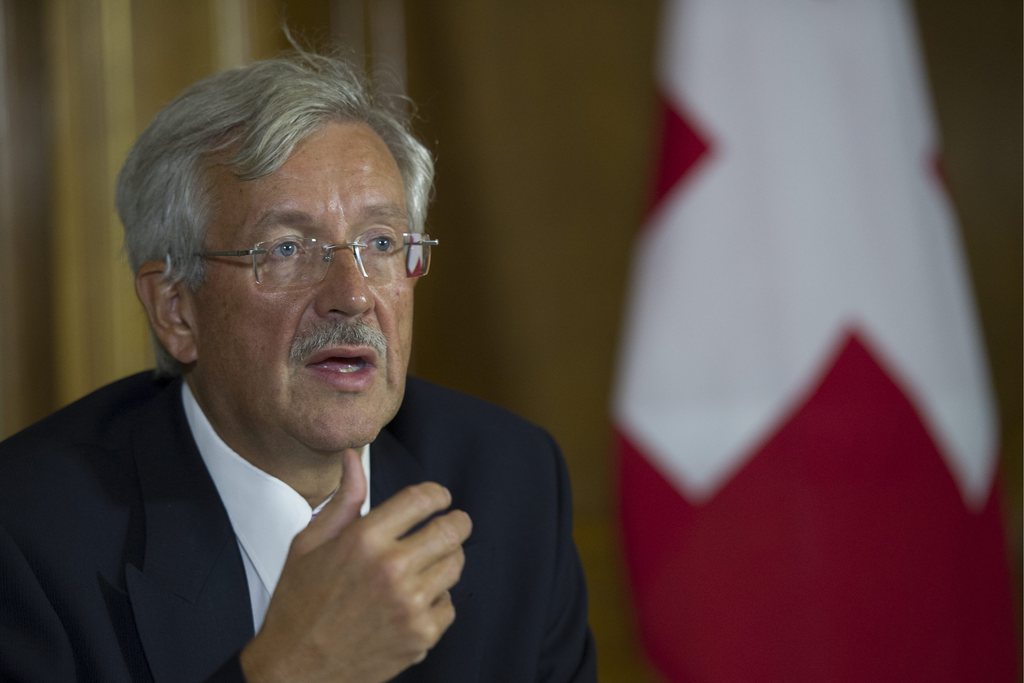

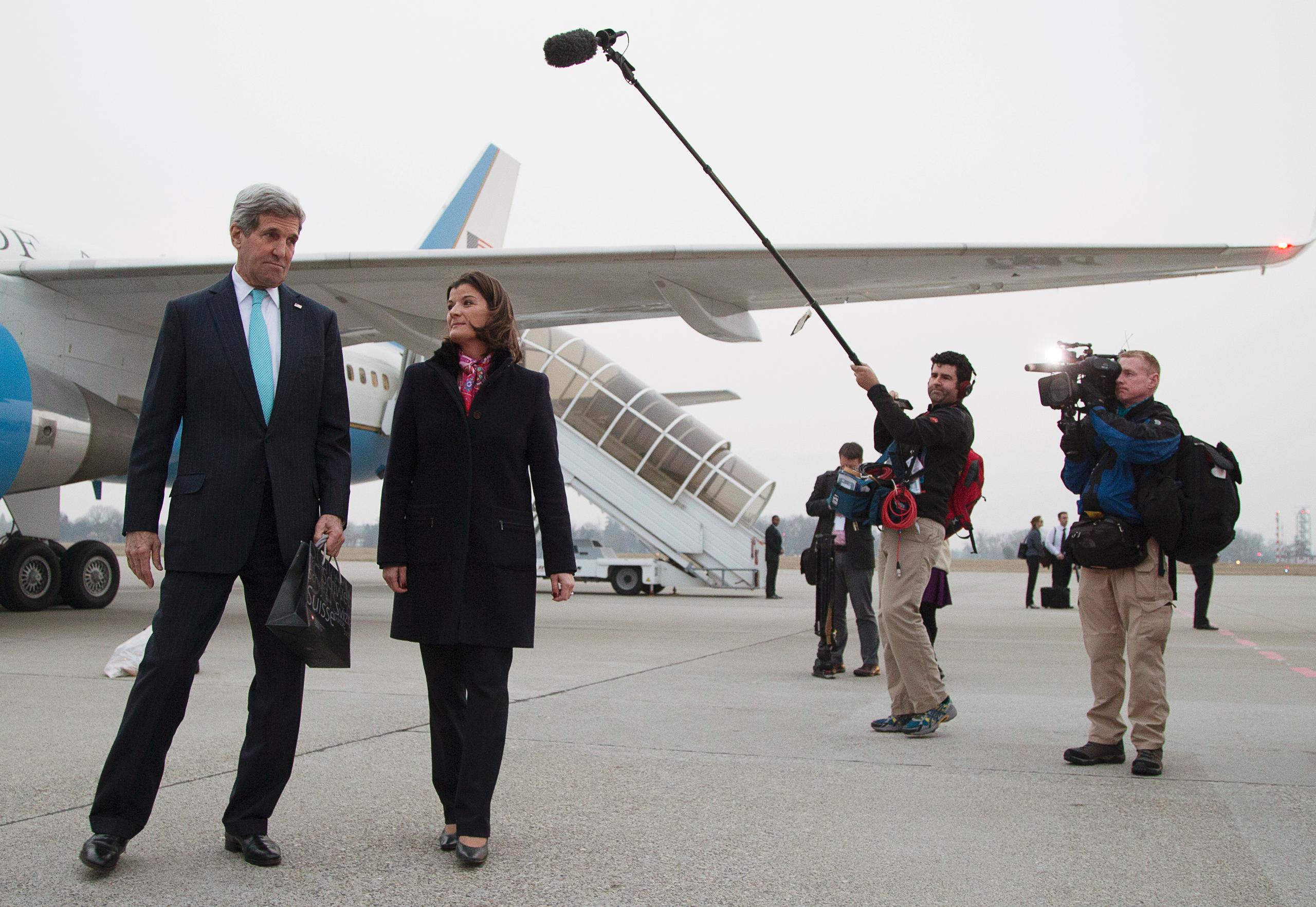


You can find an overview of ongoing debates with our journalists here . Please join us!
If you want to start a conversation about a topic raised in this article or want to report factual errors, email us at english@swissinfo.ch.